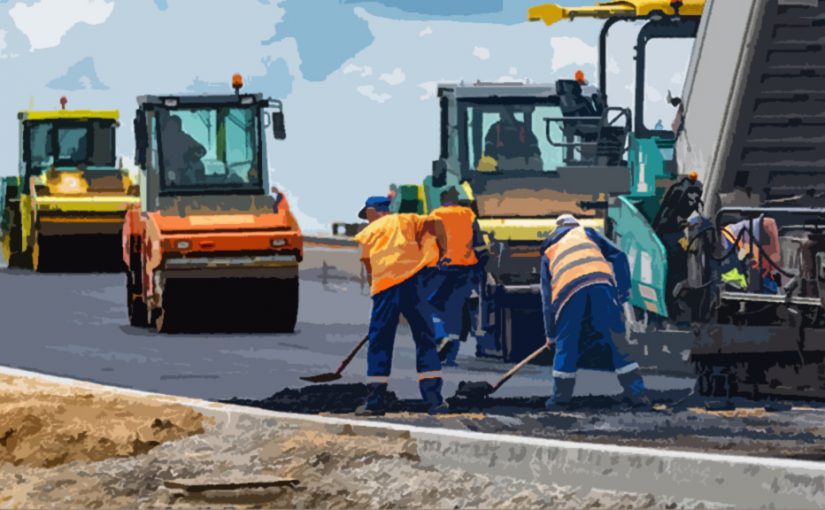A homily for the Fourth Sunday in Ordinary Time, Jan. 31, 2021
Dt 18:15-20, 1 Cor 7:32-35, Mk 1:21-28
How many demons have you seen lately? Have you gone to the neighborhood exorcist for your unclean spirit problem recently?
Among our many challenges as 21st Century Christians is finding the deeper truths in First Century Scripture or, especially, in The Law and the Prophets that were compiled millennia before that.
We are challenged to see through the eyes of the Apostles and other early disciples when we usually see things through our more scientifically educated eyes, our eyes that have seen and experienced far more than simple fisherman and shepherds who rarely traveled far from their home villages. Who were educated by oral tradition, by word of mouth, and who passed along that knowledge to the next generation orally as well. Who were not exposed to the men who counted the stars or examined anatomy.
To understand, we are challenged to walk in their sandals.









